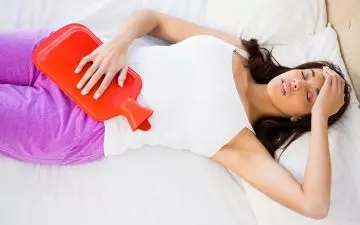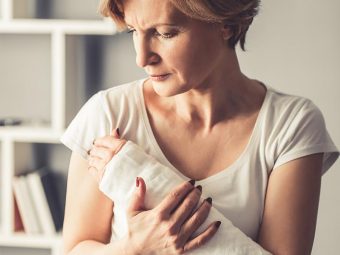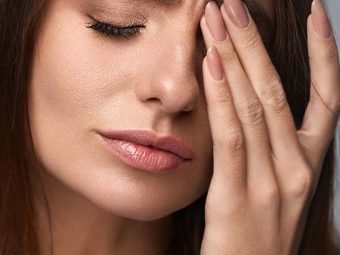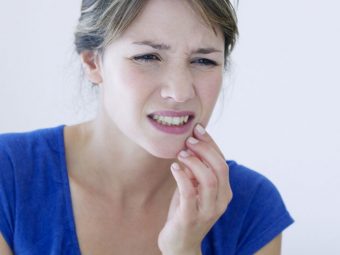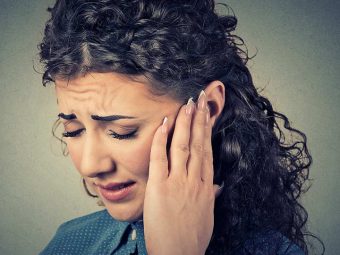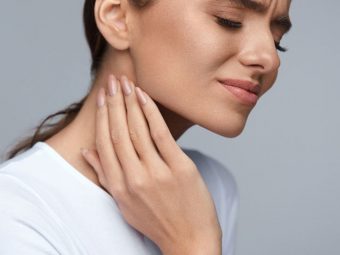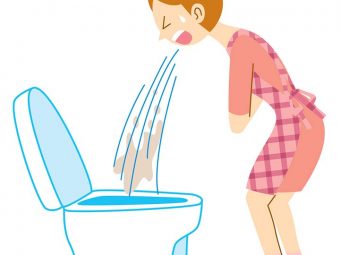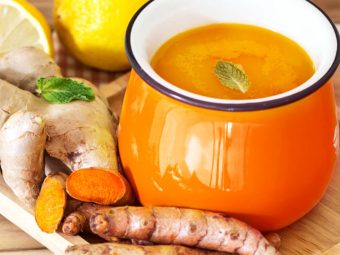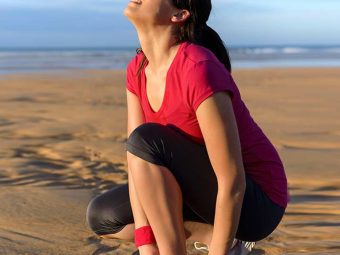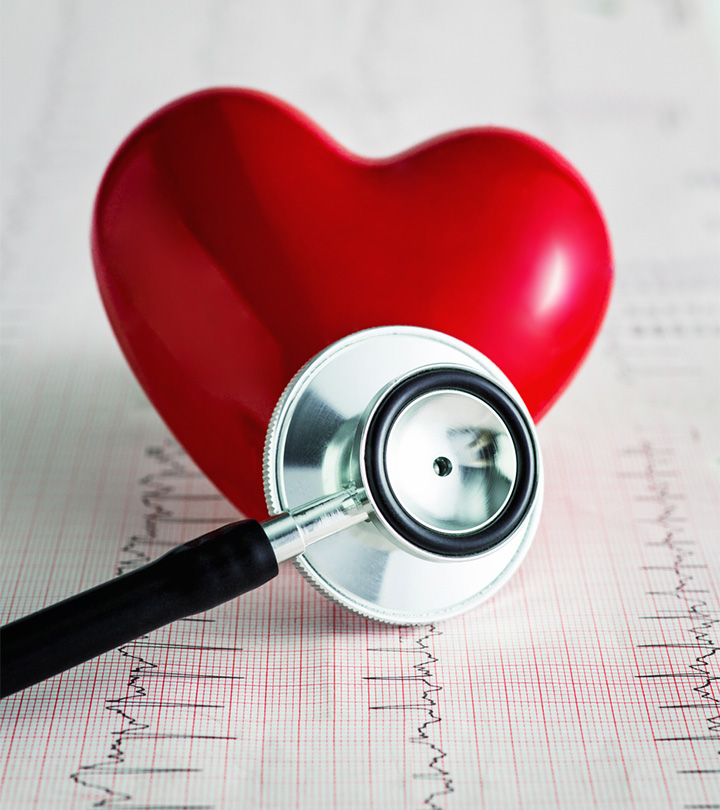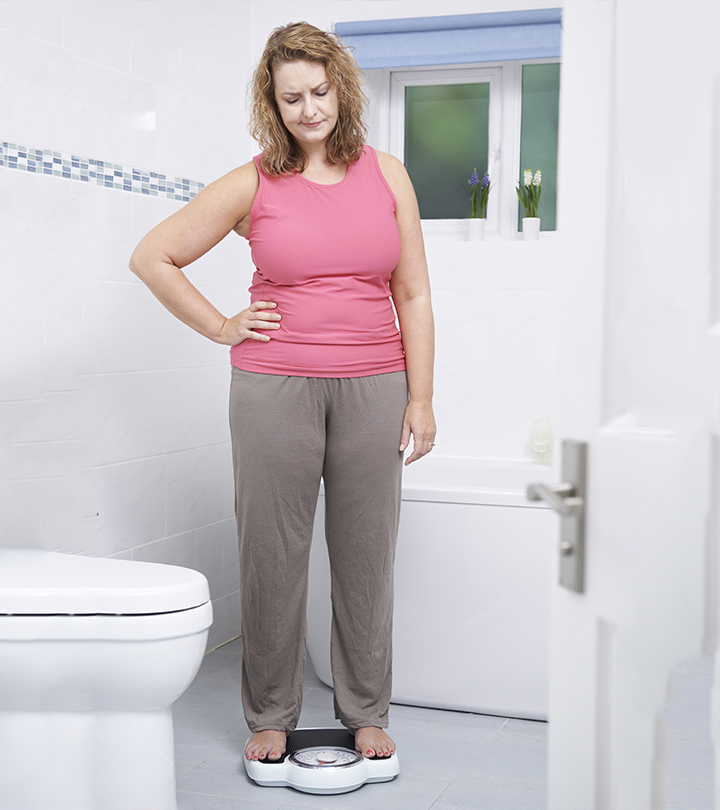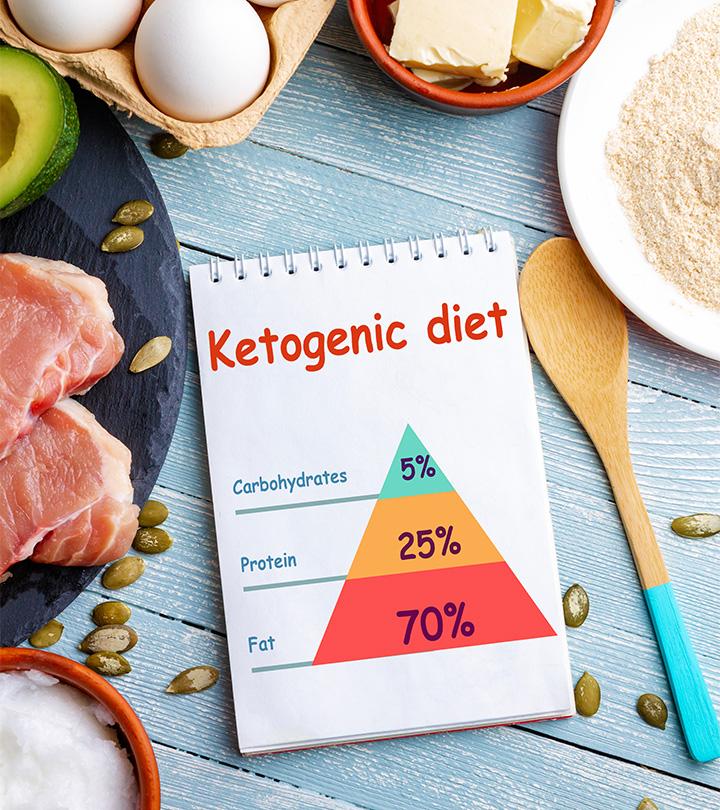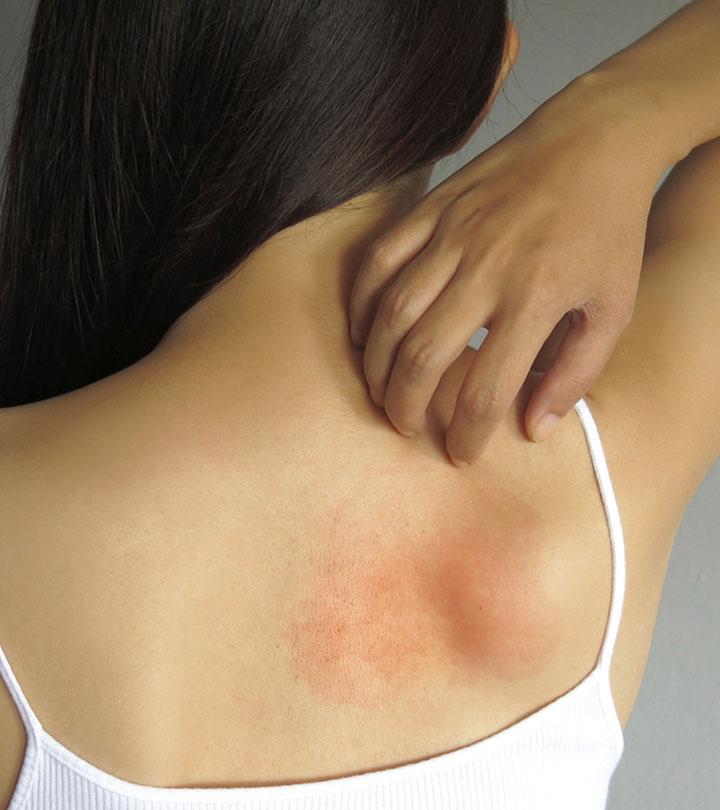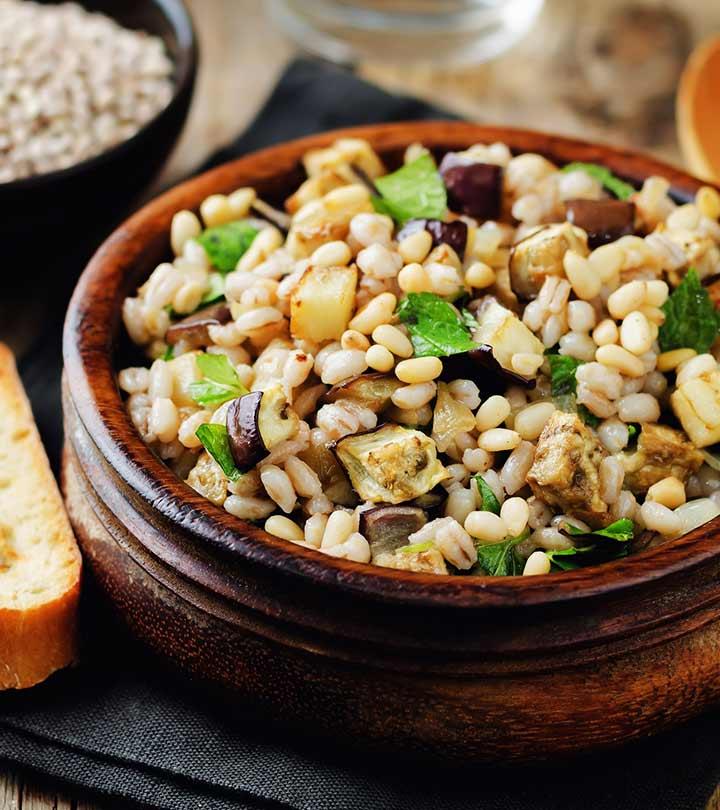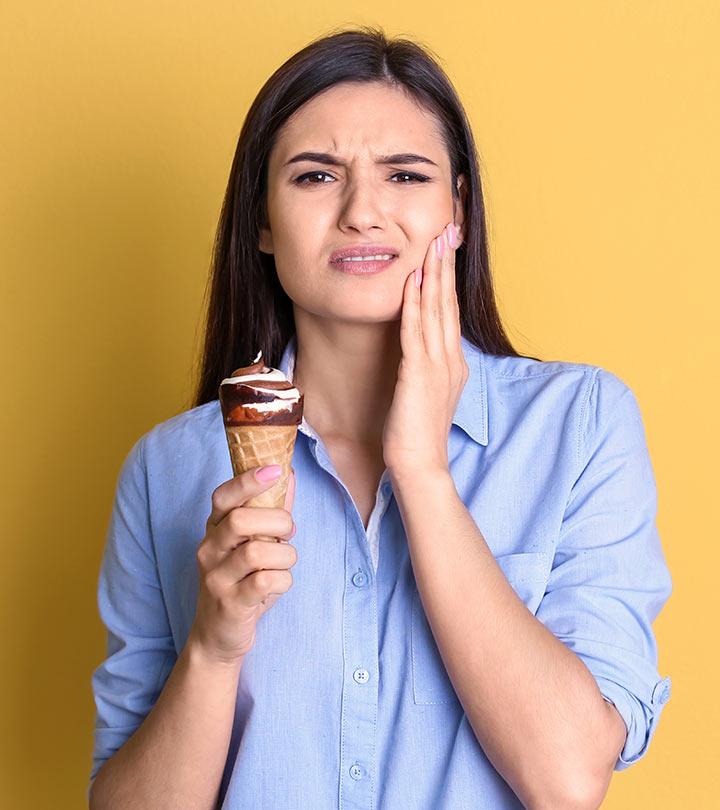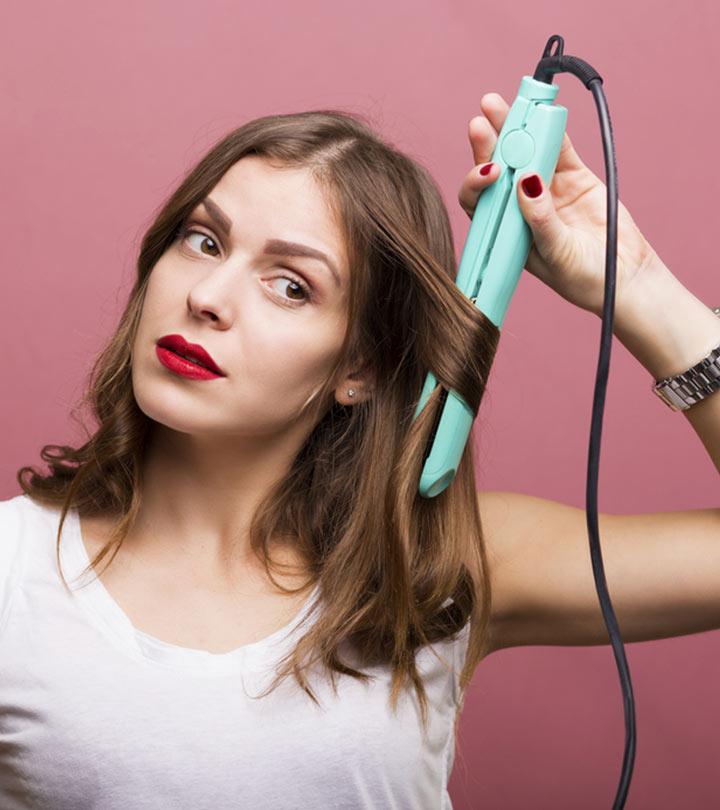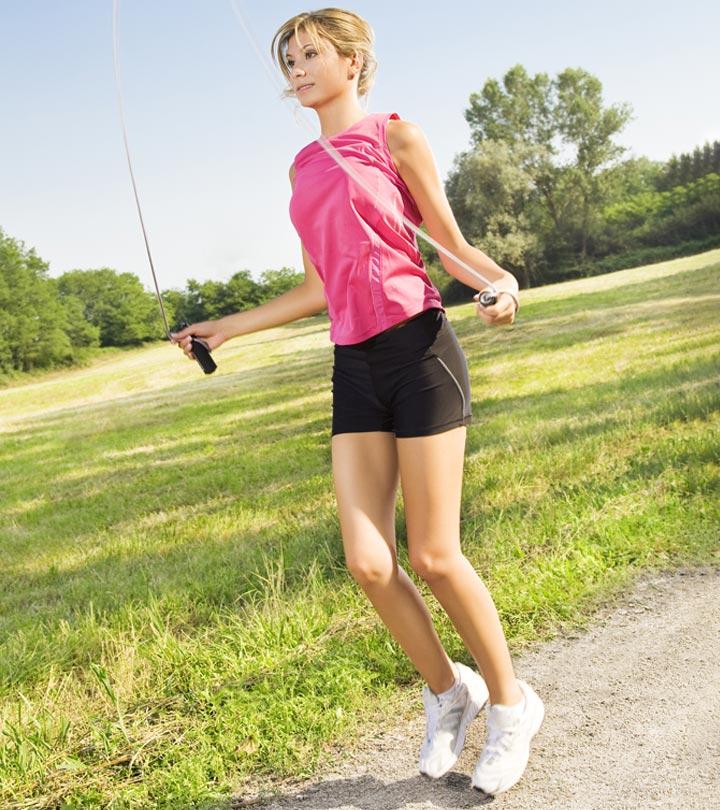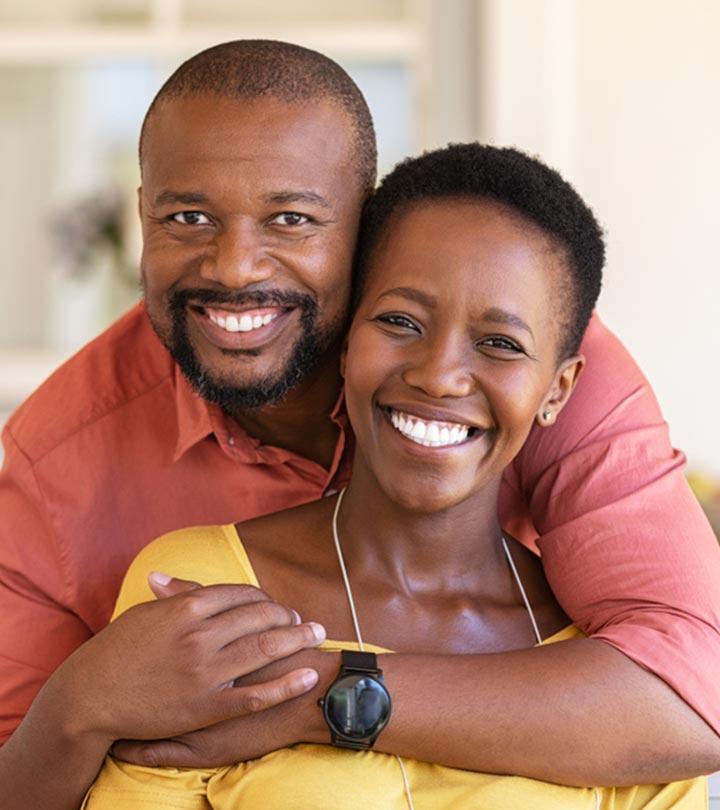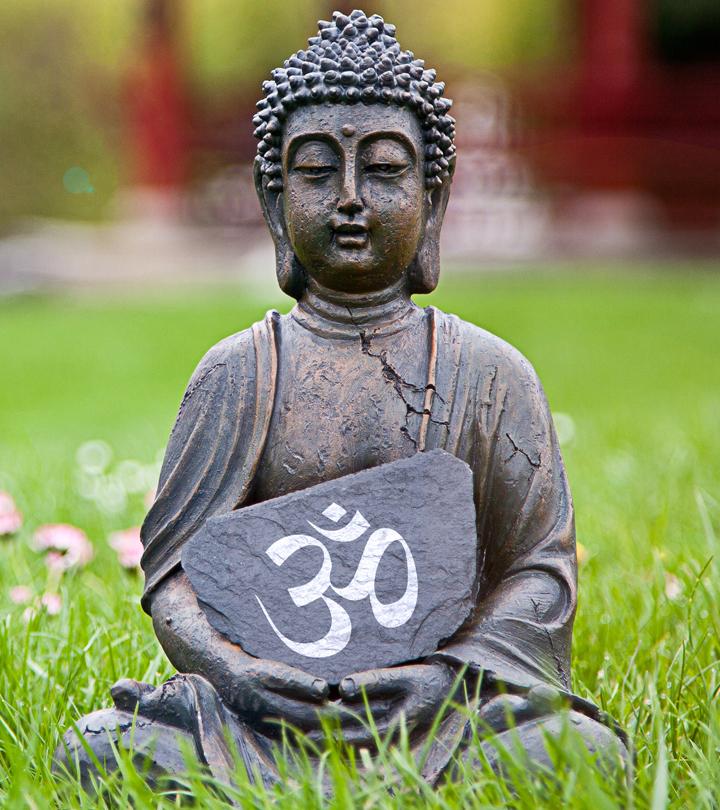I Would Pop Painkillers To Ease Menstrual Cramps Till I Learned This
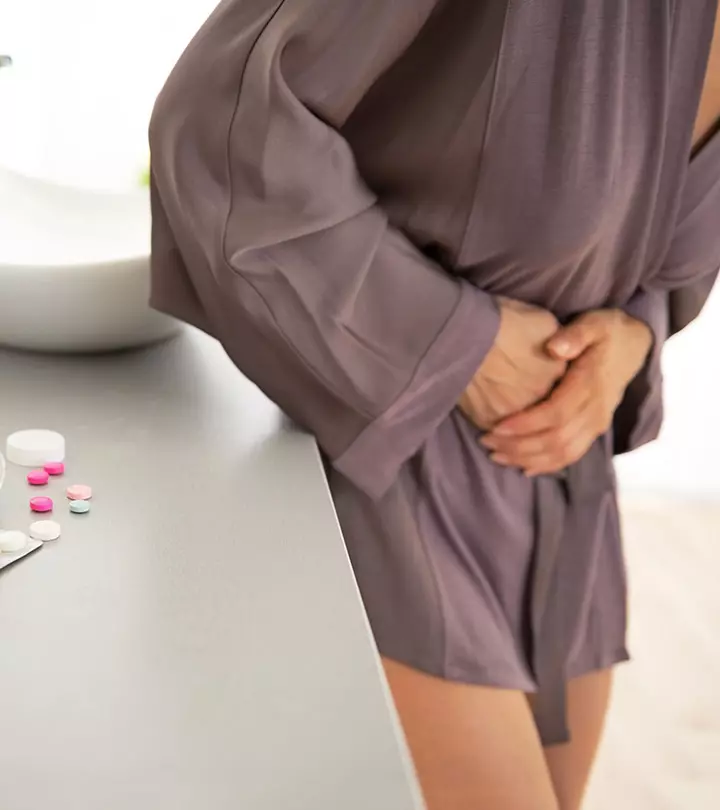
Image: Shutterstock
I love being a woman for more reasons than one. But, there are times when I regret being born a girl and wish I were a boy. You probably guessed it by now. Yes, when I have my period. Forget PMS, sleeplessness, and nausea, the worst is when those cramps hit me. That excruciating pain that guys can never relate to. Changing food habits and increasing stress levels only add to the woes. It’s definitely not easy to manage period pain. No matter how many cups of green tea I gulp down or how long I keep the hot water bag on my abdomen, it just doesn’t seem to go away. So, like lakhs of other women, I do the next best thing – pop a painkiller. Ah! What relief it gives (at least temporarily)! Else, how the hell are we supposed to go on with our daily activities, right? But, turns out, popping pills on those three days is not a good habit after all. I know this is no news to you. But the hazards are not as simple as you thought! If that rang an alarm bell, read on to know the truth about painkillers.
Well, before I cite the reasons to avoid pills, let’s find out why a few people find it hard to survive their period days while for some others it’s just like any other day. If you are experiencing severe pain in your abdomen, legs, pelvic region, or even your lower back, there are reasons for the same. Let’s examine a few of them.
1. Endometriosis
This is a painful condition in which the tissue that normally grows inside the uterus ends up outside it. The most common areas would be the fallopian tubes, your ovaries, or the tissue lining the pelvis region.
How do you know if you are a victim of endometriosis? Look out for the following signs:
- Dysmenorrhea: Women experience unbearable pelvic pain and also pain in the lower back and abdomen even before their period begins. The pain lasts days after your period is over.
- Painful intercourse: If physical intercourse with your partner is painful, it’s a clear case of endometriosis.
- Menorrhagia: Heavy periods or excessive bleeding during your period. If you have to change your sanitary napkins more often than normal, see a gynecologist without any further delay.
- Infertility: If you are unable to conceive even after timing your intercourse around the fertile period, that too could be a sign of endometriosis.
Those with this condition also experience constipation, severe bloating, diarrhea, fatigue, and nausea during their periods. Celebrity chef Padma Lakshmi came out in the open saying she was battling this condition. So, women, it’s not just you and me! There are scores of others putting up with this disorder.
2. Polycystic Ovary Syndrome
Most women today suffer from PCOS, which is a result of hormonal imbalance in your body. Here are the symptoms of PCOS:
- Irregular periods
- Sudden weight gain
- Hirsutism
- Acne
- Infertility
Women who have painful periods have either of these conditions. So, now back to where I began. Why shouldn’t you have painkillers, and how do they really affect you? Here’s why you must avoid popping pills during your menstrual cycle at all costs.
Prolonged use of painkillers might damage the liver and also lead to bleeding disorders. Here are the side effects that you commonly experience after having painkillers:
- Nausea or vomiting
- Chest pain
- Dizziness
- Diarrhea
- Irregular heartbeat
- Stomach ache
- Gastric problem
- Mood swings
- Irritability
Here’s What You Should Know About Painkillers
- Your blood flow may be hit: You might have noticed a certain pattern in the flow of menstrual blood – low or high. But ever wondered why it slowed down? The culprit is the painkiller that you just popped in. This could mean fewer trips to the washroom, but that’s no reason to cheer about, and it is definitely not a normal phenomenon for your body.
- They might ease menstrual pain: Painkillers do reduce the cramps caused by the contractions inside your body. But that’s only a temporary measure. Once your body gets used to a painkiller, you will find yourself consuming more of it as it gets addictive. Not good at all!
- They can have an adverse impact: Medical research has shown that abuse of painkillers like aspirin and ibuprofen can cause kidney failure (1).
That’s definitely a cause for concern, isn’t it? Then how do I get over my period pain, you ask? I do have answers below:
- Active Lifestyle
Keep yourself engaged in activities. If you do not have the time to exercise, at least make it a point to walk a few miles every day. Even a 10-minute brisk walk can do wonders to ease the pain during that time of the month.
- Yoga
Most women swear by the benefits of yoga. There are specific asanas which, if performed regularly, can ensure a painless period. Try and incorporate at least a few of them into your routine.
- Hot Compress
Just lie down and keep a hot water bag on the region where it hurts the most. But, make sure the heat is bearable. It soothes the cramps and relaxes the muscles in the area, thus providing relief from pain.
- Food Habits
If you have been having too much caffeine, coke, and fries, it’s time you rethink. Excess junk food can aggravate the pain. Have a balanced diet. Include loads of green veggies and fruits in your diet.
- Massage
Give yourself a massage with any aromatic oil. This can soothe the nerves and make you feel relaxed.
- Vitamin B1 And Fish Oil
A study published in the Global Journal of Health Science found that fish oil supplements and vitamin B1 can considerably reduce menstrual cramps (2).
- Endorphins
Indulge in activities that release endorphins (feel good hormones), which give you a euphoric effect. Sex and workout are a few activities that can give you this rush. You can also have chocolate.
So, women, now that you know there are other ways to reduce period pain, why use pills that endanger your health?
Do you have any more suggestions to ease pain without the use of medicines? Let us know in the comments section below.

